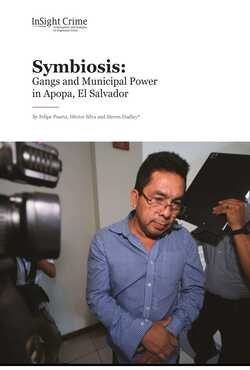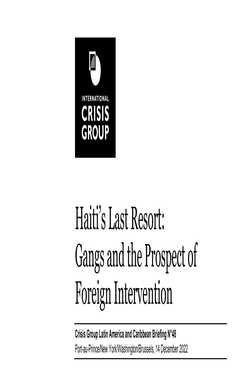By Felipe Puerta, Héctor Silva and Steven Dudley
On November 2, 2013, the Day of the Dead, the mayor of Apopa, José Elías Hernández, called Carlos Axume Arroyo to his office for a meeting that was unusual for an elected politician in one of El Salvador’s most important municipalities. Axume Arroyo, alias “Humilde,” or “Humble,” was the leader of a local “clica,” or cell, of the MS13 gang in Apopa. He was also an employee at the mayor’s office, and had been ever since Hernández was elected in March 2012. That same year, the MS13 and their rival gang, the Barrio 18, had made a pact with each other and with the federal government in which they pledged to not commit certain crimes. At a March 2013 event in Apopa celebrating the first year of what became known as “the gang truce,” a Barrio 18 spokesperson said the proscribed crimes included “robberies, extortions, lootings and theft.” The truce had been in force in Apopa before it spread to other parts of the country. The truce, as would later be discovered, consisted of imprisoned leaders of the MS13 and Barrio 18 ordering their subordinates on the streets to lower homicide rates in exchange for economic benefits and the freedom to communicate and reestablish control over their underlings. The problem was that not everybody was obeying the promises made by the imprisoned gang leaders. It was for this reason that Hernández had summoned Humilde to his office on that Day of the Dead in 2013. For Hernández, it was essential to lower crime levels in the municipality. He and several other Salvadoran mayors were part of an initiative by then-President Mauricio Funes that would permit them to receive federal funds to implement social and economic programs in their municipalities. Those resources, the mayor calculated, would not arrive if he did not fulfill his part of the deal: lowering homicide rates in Apopa. Humilde, according to judicial documents accessed by InSight Crime, was one of a few local gang leaders who had refused to follow the order from the MS13 leadership in prison to reduce homicides.
Washington, DC: InSight Crime, 2017. 16p.



